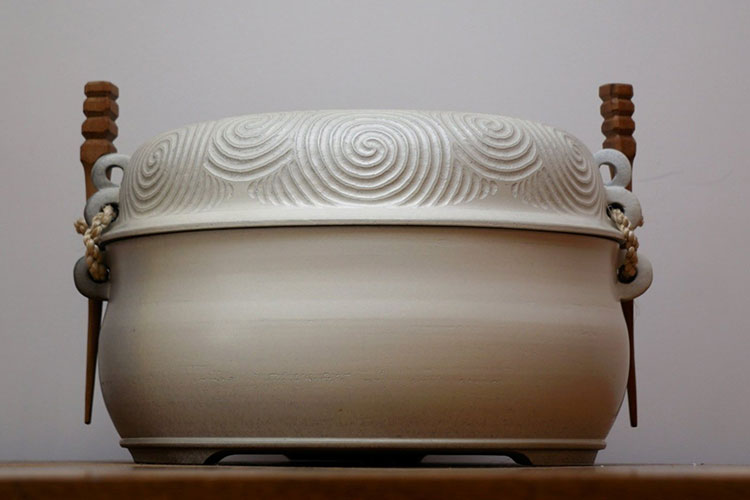A “brainwave” two years ago to speak only te reo Māori for the month of September has grown to include more than 30 people and now encourages others to speak te reo Māori at every opportunity.
In 2014, Poutiaki Reo Paraone Gloyne came up with the idea of Mahuru Māori as something of a social experiment to see if he could speak te reo for an entire month.
It was, he says, a big challenge.
“It’s hard. It was still hard in the second year and it’ll be hard again this year,” he says.
“It takes you out of your comfort zone. It’s a test to speak te reo wherever you are and in whatever situation you find yourself, and not just in Te Wiki o Te Reo Māori.”
He says even fluent and confident speakers will find situations which challenge them.
“You quickly realise, as a fluent speaker, that you still have holes in your language so you push yourself and look at ways you can develop your skills and that’s one of the benefits.”
He says one of the biggest challenges is receiving phonecalls from people who do not speak te reo Māori, although even those present opportunities to normalise the use of te reo Māori.
“I got a call from a government department and I only spoke te reo. They said they didn’t speak te reo but I carried on. The next day they rang again, same thing. On the third day someone rang and spoke te reo.”
“It normalises it,” he says.
“If more people spoke te reo Māori to government departments, pretty soon they would all be speaking te reo Māori.”
He says other organisations also caught on and while they did not speak te reo, Paraone says he was always able to make himself understood.
“You become a good mime that’s for sure,” he says.
“It certainly makes for some interesting situations but it is worth the effort.”
He says Mahuru Māori differs from Te Wiki o Te Reo Māori as it was more focussed on fluent speakers but also encourages non speakers to build up their vocabulary.
“This is more of a commitment, and it’s free.”
This year Mahuru Māori will include options to speak te reo Māori on one day a week each week of September, or an entire week or the whole month.
Every fluent speaker should try it at least once, Paraone says.
“It normalises its use and it is well worth the effort.”
And those who are not taking part can support those who are, he says.
“Be patient, be supportive and use it as inspiration to learn something new.”
More information about how to register to take part in Mahuru Māori and to receive resource kits to support the kaupapa will be available through the TWoA Facebook page in the coming weeks.




































